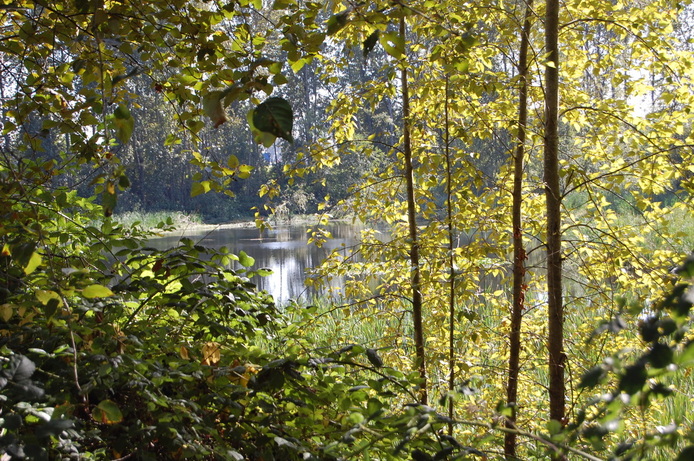
My only experience with prose poetry and flash fiction or flash poems came from a class I took with Pam Castro, the link will take you to her blog where she offers her classes. I've read two recent flash/poetic fiction books:
1. Half in Shade by Judith Kitchen
2. Phantom Canyon by Kathryn Winograd
both which influence me about the poetry and prose connection.
Judith Kitchen taught at our Summer Residency. She focused her lecture on our her technique of delving into her family past via a series of photographs that she used to write Half in Shade. She mentioned that "perhapsing" loosened the choke hold that the need to speak truth had when dealing with a subject for which she had no way to find out the information since many of the family members were deceased and few left who remembered. Her use of this technique shows a lot of insight and empathy based on her knowledge of the person. The fun photograph on the cover is a good example where she finds the humor and the odd juxtaposition of the times coming into play.
I don't have many family photographs but I do have strong memories about some things such as my mom's hairstyles, and the way the houses we lived in were decorated and arranged. I'm not sure yet how much I've perhaps'ed in my writing on the memoir so far. I remember I was going to write a set of prompts for each section (note to myself go do this). Below, for example, is one of my photographs of my favorite walking trail along the Duwamish River in Tukwila, Washington.
Judith mentioned that she allowed her poetic background to help guide how she arranged the pieces relying on intuitive connections and allowing the collection to become like a quilt--you could start anywhere and dig deeper or go sequentially. She also mentioned the need to recursively go back into her memories and rework, looking for depth and connection to her current situation (Judith suffered with cancer and recently passed away). The fact that at her age she could still seek to experiment and find news ways to be creative was very inspirational.
Kathryn Winograd also taught at the Summer Residency, answering questions at one panel on writing the "postcard memoir", taking an image from the past and conversationally explaining where you are and why. Her book was fascinating to me since she tells of abuse in her younger life but does so in a way to allow the beauty of the moment in which she wrote to shine through.
I mentioned in class that I hoped to find more examples of prose poetry, especially ones that use a variety of poetic techniques and sort of crossed-over into creative nonfiction. Then, today, while going through my email, I chanced to look at a message from Omnidawn which contained a link to the PoetryFlash.org website.
One of the impressive examples I like were three poems by Judy Halebsky. What I really like about these poems was the fact that she mixed notes to herself, random thoughts on her studies, repetition, rhythm, and the poems ended up more like a notebook entry than a formal poem, but the beauty of the pieces resided in her ability to tie everything together and make them sound, think, feel like they fit together.
Another good example was Andrew Schelling's piece "Mount Blanca with Ute Creek at Dawn" that is very much prose and poetry together. His piece reads like a travel column telling us who, what, where, but does so in a matter that the reader is immersed in the moment.







 RSS Feed
RSS Feed